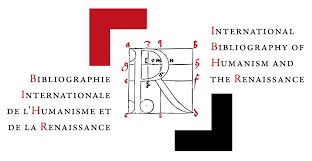Predicates of exposure to odor in Bulgarian and Russian (Bulgarian translation strategies)
DOI:
https://doi.org/10.31168/2073-5731.2023.3-4.14Keywords:
Impersonality, experiencer, predicates of smell semantics, translation, Bulgarian language, Russian languageAbstract
The article deals with Bulgarian translation parallels to Russian sentences from literary texts with the verbs тянуть, потянуть, обдать / обдавать, пахнуть, which refer to some spontaneous forces delivering smell. Such predications are usually impersonal in Russian, while the smell is marked by Instrumental. The translation of such clauses into Bulgarian with impersonal structures is not typical. Firstly, because of the analytism of the Bulgarian language, secondly, because of the lack of a specific marker of impersonality. In the Bulgarian language we see a two-member sentence, where the smell takes the position of the subject. The idea of spontaneous forces (the air or the wind, carrying the smell) gives way to the idea of a smell as an active participant, which builds the situation up. Bulgarian verbs лъхна, облъхна / облъхвам, лъхам, which have different semantics and syntactic characteristics compared to the Russian ones, and are used as the main translation parallels to the Russian verbs in question. The choice of a specific verb as a translation parallel depends on the presence of the other participants, such as an experiencer or the source of the smell.
Acknowledgments
This research was conducted with financial support of the RFFI (project No 20-512-18005) and the National Scientific Foundation of Bulgaria (Проекти по програма за двустранно сътрудничество – България – Русия 2019 – 2020 г., No КП-06-П РУСИЯ-78, 2020 г.).
Received: 30.12.2022.
Revised: 19.02.2023.
Accepted: 12.09.2023.
Citation
Mosinets A. G. Predicates of exposure to odor in Bulgarian and Russian (Bulgarian translation strategies) // Slavic Almanac. 2023. No 3–4. P. 286–301 (in Russian). DOI: 10.31168/2073-5731.2023.3-4.14






